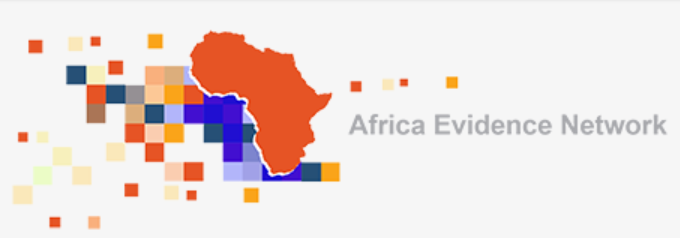
Delegates from 20 countries at the Evidence 2016 conference in Pretoria, South Africa
Day one of #Evidence2016 saw many of delegates from 20 countries and 16 within African states and outside Africa countries such as India, the United Kingdom and United States of America come together at the CSIR ICC in Pretoria, South Africa. The aim is to build from one another’s thoughts on the use of evidence to engage with it, understanding it to bring about positive change and means of making it powerful enough for it to make effective impacts by utilizing key stakeholders in developing evidence-informed approaches to confronting important challenges.
The first session was opened and chaired by Prof. Ruth Stewart from the University of Johannesburg. She highlighted the importance for all who are attending evidence 2016 to use this as a platform to network. People from various backgrounds such as economics, health, including government policy makers have assembled to share their experiences and to build on them by learning from others. Prof. Stewart then introduced the various speakers who all had insightful experiences to share with us.
The speakers were Prof. Nelson Sewankambo, Dr. Shanil Haricharan, Minister Naledi Pandor, Hon. Olfa Cherif and Prof. John Lavis they all shared similar sentiments, that high-quality evidence is an imperative and should be used as a formidable tool to improve implementation of policy, carrying out risk management and assessments and further understanding our public citizens. Furthermore, evidence-informed decision-making should be used to discuss important concerns facing the African continent, such as poverty, inequality, and health to name a few. However, to achieve this it would need effective networking between policy makers and its citizens. But we should also not be forgetting the multinational corporations and the role researchers have in driving policy.
Another message regularly voiced by speakers has been the need for researchers to have a greater say and a louder voice in the policy making process. It was well understood that producing evidence only plays one small piece when it comes to informing policy decisions.
Prof Taryn Young highlighted that researchers in South Africa are not always successful in their efforts to push evidence to policy-makers when it comes to informing policy. Thus, citing the importance of policymakers in recognizing the need for quality research and the value they have in voicing the need for sound research as being one of the drivers that reinforce knowledge translation activities, this is where policymakers actively pursue evidence from researchers.
Delegates voiced the lessons learned through the day, which was the need for more active efforts from both researchers and policy-makers to engage with one another, build long lasting relationships and understand one another’s roles and limitations. Furthermore, also noting that environments are dynamic and not static, so things change and may need occasional fixing to ensure relations and objectives remain on track.
Sometimes the gap between evidence producers and decision makers needs to be bridged is through data-visualization and information graphics as suggested by the talk given by Thomas Scalway. He emphasized the use of strong, understandable imagery by researchers in educating and engaging the public in setting agendas. This is especially crucial when policy makers in governments are stubborn or plainly ignorant of pressing issues affecting society.
It was encouraging to hear that the delegates had incredibly similar views on the topic of engaging with policy. Day 2 of #evidence2016 will explore the value of difference stakeholders understanding the policy. Prof. Nelson Sewankambo will be the session chair, speakers will be Sir Ian Chalmers, Mr. Beryl Leach, Ms. Velia Manyonga and Mr. Ronald Munatsi. This will then lead into breakout sessions and a training workshop. I hope to see everyone fully energized for Day 2 and hopefully, we will be able to create new networks and strengthen old ones in the process.
Your views and opinions are always welcome on @Africa_evidence or @Ameer087